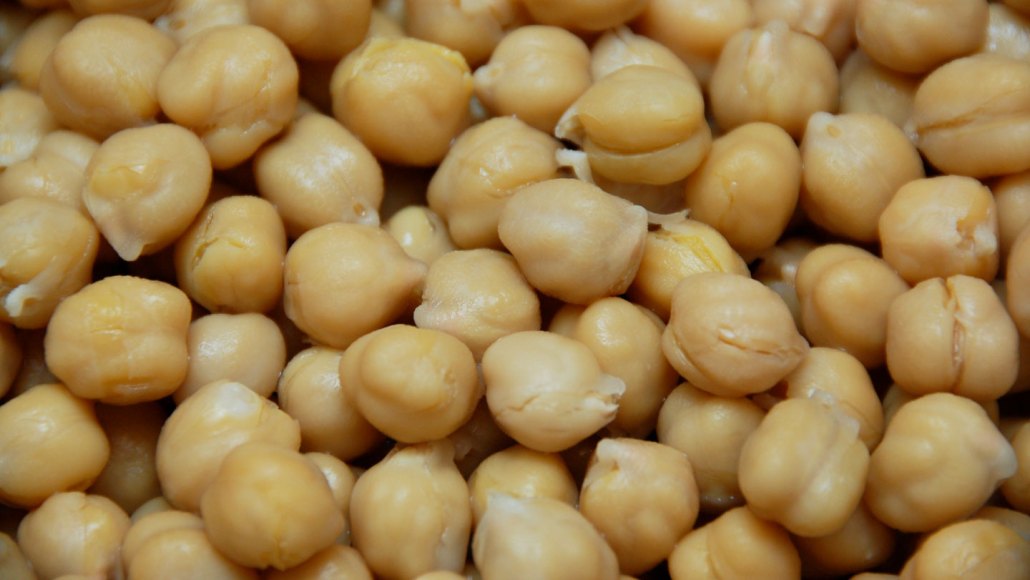A cup of chickpeas a day lowers cholesterol
In a small study, a diet that included chickpeas or black beans had health benefits

Including chickpeas in your daily diet could lower cholesterol and signs of inflammation.
Chris Devers/flickr
ORLANDO, Fla. — Beans are no fruit, but they may be magical for your health.
In a small study, eating a daily cup of chickpeas lowered people’s cholesterol, scientists report June 3 at the annual American Society for Nutrition meeting. And a cup of either chickpeas or black beans per day reduced inflammation.
The results spill the beans on how small changes to your diet can translate to meaningful changes in your health, says Indika Edirisinghe, a nutritionist at Illinois Institute of Technology in Chicago. “Just adding one cup of beans a day can make some big differences.”
Edirisinghe and his colleagues enrolled 72 people with prediabetes in a trial that had them consuming a cup of chickpeas, black beans or white rice every day for 12 weeks. At the end of the trial, the cholesterol levels of people on the chickpea diet dropped from about 200 to 186 milligrams per deciliter. That may seem small, but it’s actually “gold,” Edirisinghe says. It means participants “are coming back to the healthy side.” Doctors consider total cholesterol levels below 200 mg/dl to be normal.
People in both the chickpea group and the black bean group also showed reduced signs of inflammation in the blood. Part of the excitement about these health benefits stem from the beans themselves, says study coauthor Morganne Smith, also a nutritionist at Illinois Tech. “They’re very common, they’re affordable and they’re accessible.”
That could make it relatively easy for people to load more legumes into their cooking. Sure, a belly full of beans might make you toot. Some study participants noted gastrointestinal issues, Edirisinghe says, but their guts seemed to adapt over the course of the trial.
Does that mean we should be eating beans for every meal? Not necessarily. Current dietary guidelines call for 1.5 cups of beans per week. But a cup a day “is not too hard to do,” Edirisinghe says. In the study, his team offered participants recipes and pictures of dishes to try, like bean salad.
Personally, Edirisinghe likes to have his beans for breakfast — chickpeas with coconut. “You can add a little salt and pepper and it’s really good,” he says.
Indika’s chickpeas and coconut
Ingredients:
1 cup canned chickpeas, drained
2 tablespoons grated coconut (fresh or dry)
1 squeeze lemon juice
1 pinch salt, pepper
1 tablespoon olive oil
Heat oil in a skillet over medium heat. Add chickpeas and coconut, stirring occasionally until warm, about five minutes. Remove skillet from heat and add lemon juice, salt and pepper, to taste. Serve warm.







